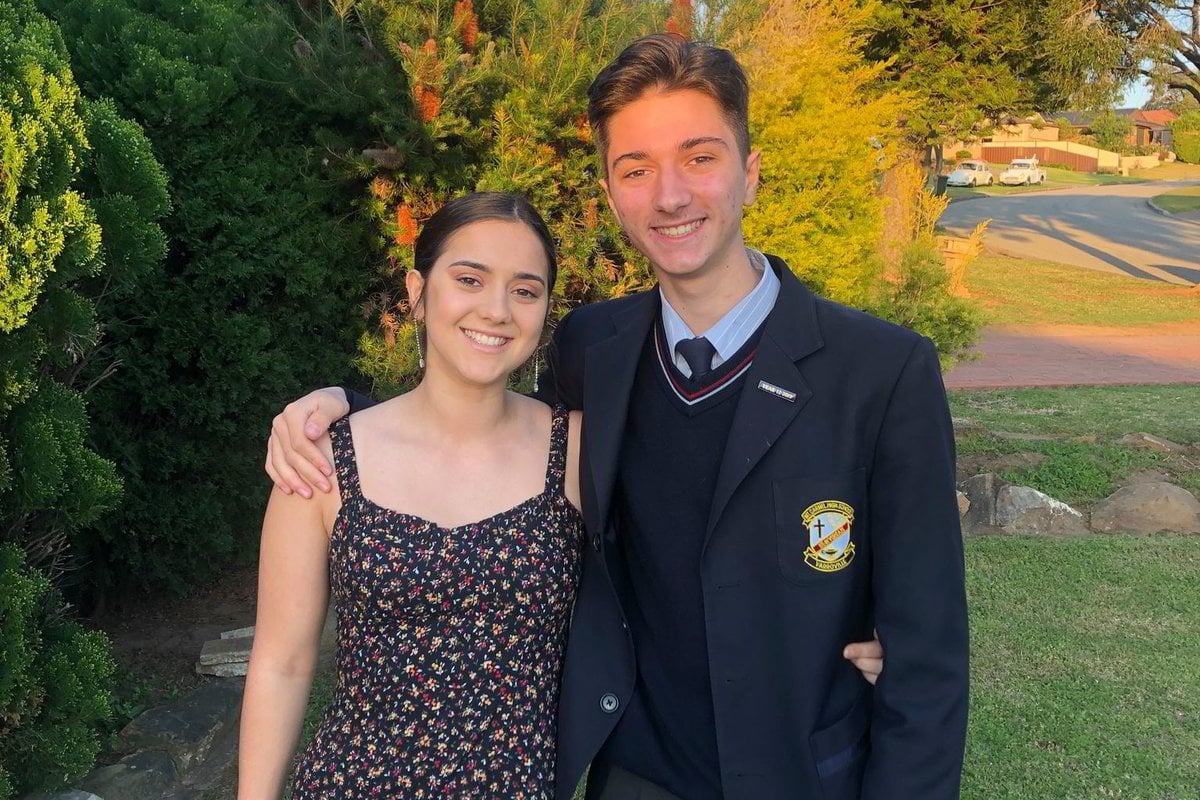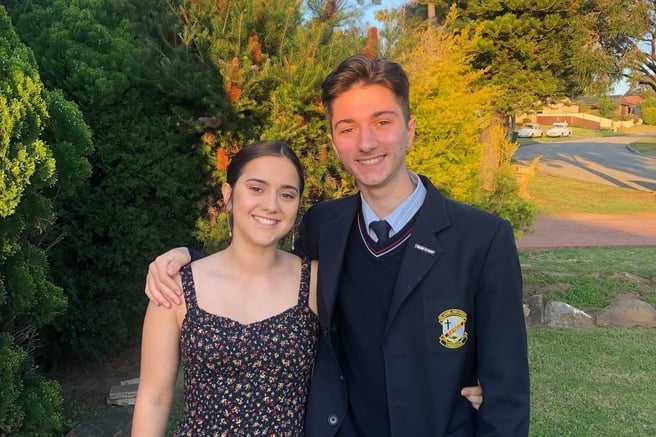
Young Australians have been disproportionately impacted by the pandemic - from their mental health to their employment prospects. In June, youth unemployment soared to 16.1 per cent, with young people's jobs making up a staggering 45 per cent of those lost in May.
The unemployment rate is at its highest level since November 1998, and young people are at the epicentre of the economic and jobs crisis.
Natasha Brock, 22, is one of the thousands of students who will graduate university at the end of the year. She is in her final semester of a three-year Media and Communications degree from RMIT University in Melbourne - a city of five million that is currently living in stage four lockdown.
Natasha’s dream career is working on films for production houses.
When COVID-19 hit, she was working in a small production house for the past four months, and had finally been offered casual employment once a week. She was about to start when it happened. The plague descended, and all those doors that had been opening before her were suddenly slammed shut.
Listen to The Quicky, Mamamia's daily news podcast. Post continues below.
“It's sad,” she shares, “because there's meant to be a lot of promise and prospect in your last year. You’re meant to be doing a lot of things that will prepare you for the job market, but I feel we didn't really get an opportunity to experience that.”


Top Comments